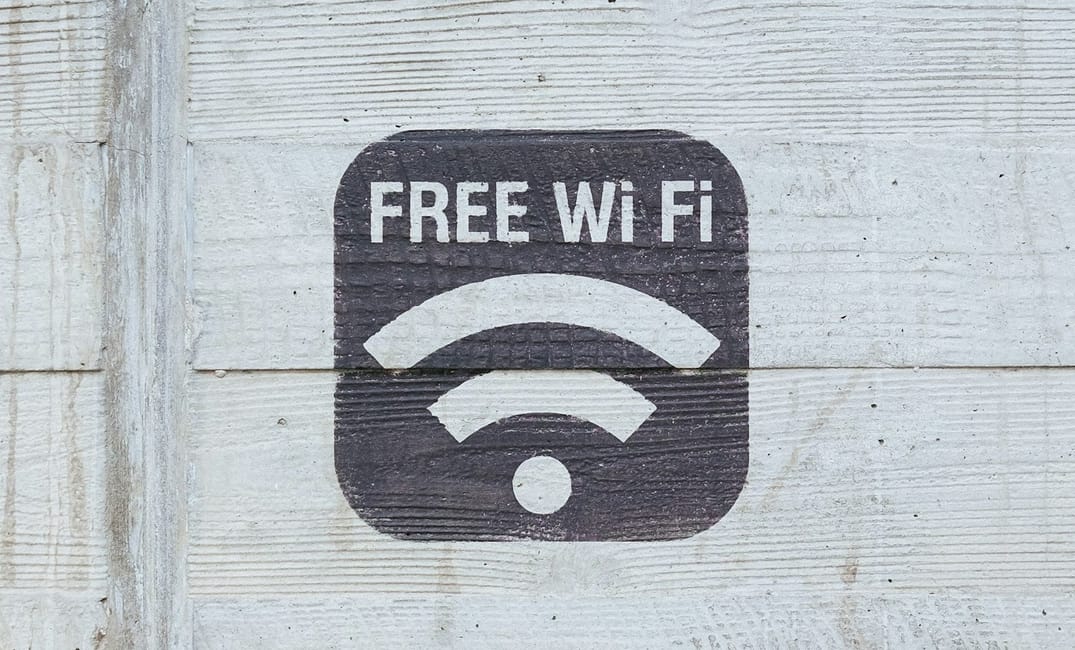By Joe Blackburn: @JoeBlackburn42
On a quiet morning in sleepy Lancaster, a University campus was going to be the host for one of the biggest policy announcements of the election campaign. Free broadband for all by 2030. This would be implemented by the part nationalisation of BT’s Openreach service, forming a national organisation known as “British Broadband” to roll out full fibre connections to every house in the UK, whilst guaranteeing jobs for those already working in the broadband industry to prevent workers from being affected.
The policy was announced on the University campus, a hub of digital activity with access to its own high-speed network. However, the main beneficiaries of the policy weren’t the students or staff of the University, but across the constituency in the more rural areas. Labour’s hour and a half long presentation opened on a video of interviews which featured older residents of areas that hadn’t been touched by the online world. Hilly and mountainous areas can often be hard to dig up to put down fibre cables, and the cost means that a lot of the time private enterprise simply doesn’t want to risk it. This puts entire communities out of reach of the 21st century, and with a lot of government services, including universal credit, shifting to online-only, it can even risk some people’s lives.
Of course, the cost private businesses would have to deal with would also be costs that the state would have to deal with. Labour say that they would only require an extra £15 billion, as the current government already has £5 billion dedicated to upgrading the current network, totalling £20 billion. However, industry experts and think tanks estimate that this could cost as much as £34 billion, almost double Labour’s early estimates. They claim they could solve this with a new approach to taxing tech giants, through taxing the percentage of global profit earned in the UK instead of however much the companies report that they made. As the tech giants such as Google, Facebook and Amazon would also benefit from the increase in internet users, it should be something of a financially good deal all round.
There are, however, concerns over privacy in the event of a completely government owned network. As the reporter for the Mirror in the room asked, “Will you ban porn?”. It was met with plenty of laughs but the underlying sentiment is understandable. GCHQ have been known to look into the communications of British citizens, whether just the metadata of a phone call or someone’s complete internet history. You might think that your party of choice wouldn’t use this potential power, but do you trust any government in future to be just as generous? Whilst Labour claim to be implementing a Digital Charter of Rights, they’ve not yet outlined exactly what will be in that charter, so for the moment digital rights are a big concern with this policy.
Ultimately, Labour’s policy on broadband seems to be broadly positive. It follows the theme of being in favour of the working class, providing a service to the masses whilst acting against big business, forcing them to pay a little more. It’s a very appealing policy that will benefit many, but the question of whether or not it’s achievable will only be seen if the Labour Party ends up in government following the General Election.

